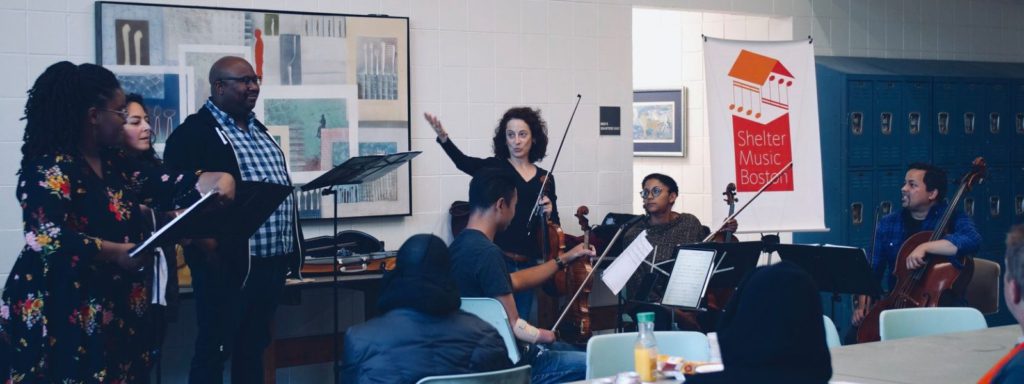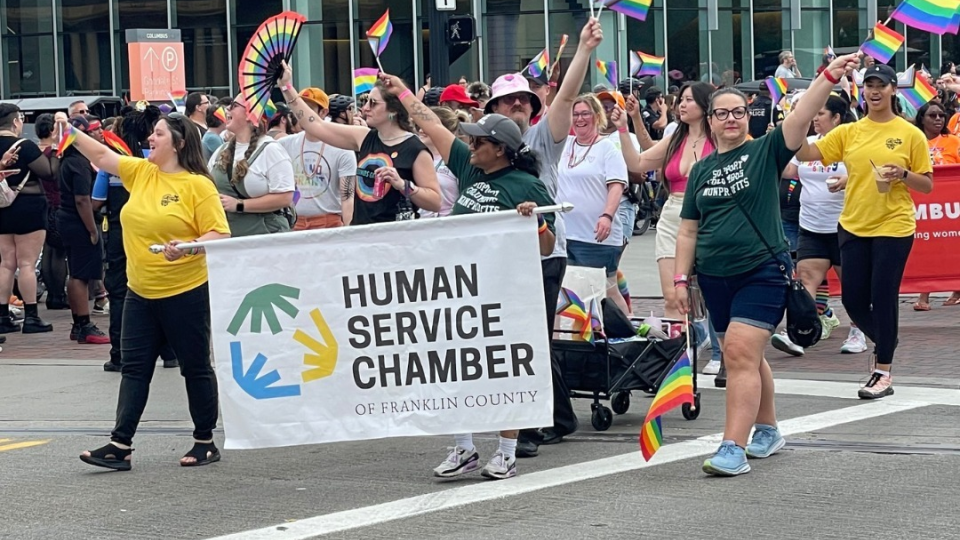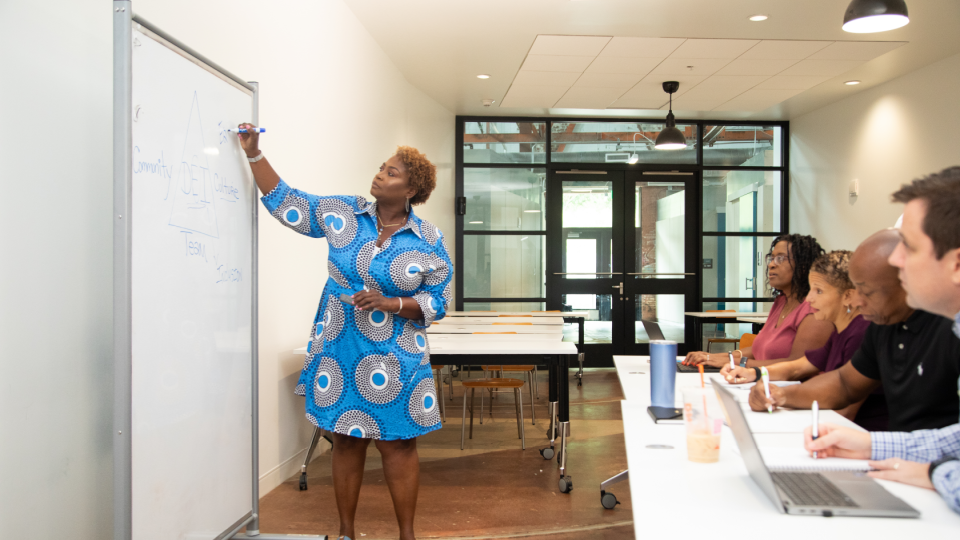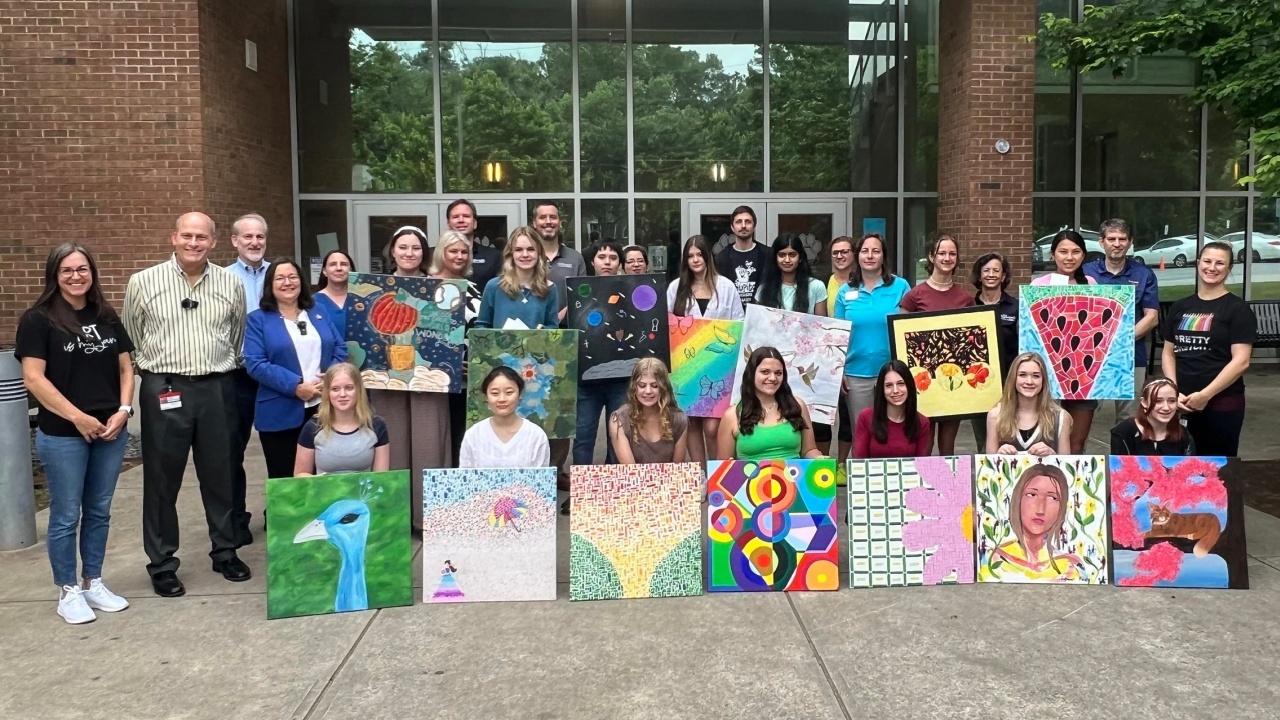Peaceful moments in life help us recharge so we can face the here and now – and make better plans for tomorrow.
But finding quiet moments to reflect has grown increasingly difficult, as COVID-19 continues to create anxiety-driven twists and turns for us all. The push for racial justice, a better economy for more people in the U.S., and ways to address climate change remains important, and all of this takes time and energy.
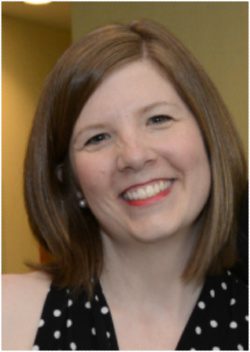
Carrie Eldridge-Dickson
Imagine, too, that you’re at a homeless shelter, in need of affordable and stable housing, or you’re at a recovery center, battling an addiction so you can move forward with well-being in life. That daily grind of instability leaves little room for the luxury of quiet reflection needed to focus and rebuild.
For Shelter Music Boston, a nonprofit organization launched in 2010 and new Independent Sector member, creating these soul-building moments is a central mission. It works with more than 50 professional musicians in the Greater Boston area to serve adults and youth in shelters, recovery centers, and after-school programs. Classical music – and the diverse and rich human interpretation of it – is the vehicle to a much larger societal goal.
“Our goal is to promote community, creative interaction, respect, and therapeutic benefit,” says Carrie Eldridge-Dickson, Shelter Music Boston’s managing director. “People deserve dignity, and music access is a big piece of the work we do. Our programming is diverse. We practice what we call inclusive programming, where we perform the music of BIPOC and LGBT composers and composers who are from other marginalized groups.”
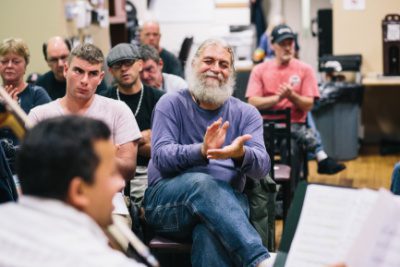
Photo by Tatiana Daubek and courtesy of Shelter Music Boston
As violinist Julie Leven, Shelter Music Boston’s founder and former artistic director, has observed about the positive influence of melodies, harmonies, and cadence in people’s lives: “Music is the catalyst for opportunities to look an individual in the eye and say, ‘I want to know what you think about this, and I am going to listen to your story.’”
Adrian Anantawan, a violinist who serves as the organization’s current artistic director, has talked about what attracted him to Shelter Music Boston and its mission: “It was the idea of translating privilege to service. That’s something I always want to be doing due to my success despite the challenges I’ve had.”
Before the pandemic, Shelter Music Boston, which has a budget of $300,000 and relies on philanthropic grants and donations so ticket sales are not needed, typically played at eight locations each month and served more than 1,500 people annually. Since the outbreak of COVID-19, the organization has shifted to virtual concerts, disseminated via email and online, or when possible, outdoor music performances.
“People deserve the best classical music, but we want to make it clear to the community: Everybody deserves access to this,” says Eldridge-Dickson. “Music is meant to be evocative. We want people to feel better after one of our concerts – and they do.”
She cites data that shows classical music helps how people feel – that it can address depression, improve how a person sleeps, increase healing and recuperating.
But it’s the stories that she and other members of Shelter Music Boston tell that also show them – firsthand – the positive effects of their art in people’s lives. The organization does not keep track of the people who offer feedback, but instead of performing and leaving a venue, musicians stay to listen and answer questions from their audience, Eldridge-Dickson says.
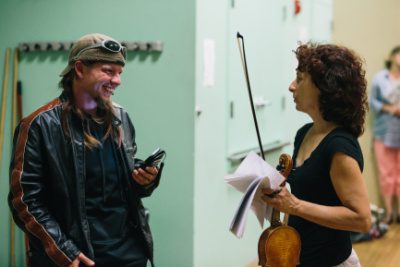
Photo by Tatiana Daubek and courtesy of Shelter Music Boston
In September 2021, she recalled, a person at a treatment program for men who are homeless and battling substance-use disorder heard a concert and left this note for the organization: “I felt inspired and mentally happy.”
“For months, I’ve been carrying this note around and reading it,” she says.
“If music could already be a balm for folks who are struggling, it’s even more so now. When we’re playing live, it’s not just musicians playing and leaving. It’s eye contact. It’s saying, ‘I value what you have to say. I want to see your reaction to the music. I want to hear what the music makes you think about. What memories do you have?’”
And the memories she and Shelter Music Boston musicians have heard from their audiences – that they’ve played music before, gone to the ballet, and attended concerts as children.
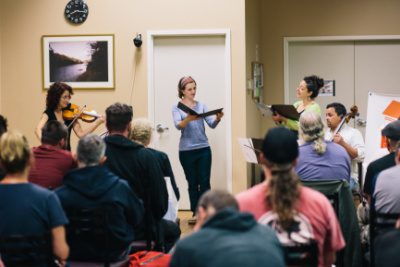
Photo by Tatiana Daubek and courtesy of Shelter Music Boston
Knowing its art and efforts are helping people, Shelter Music Boston is focusing on increasing partnerships. In 2021, for example, Shelter Music Boston collaborated with the Grand Canyon Music Festival and the Native American Composers Apprentice Project to produce the “Voices from the Land” online concert series.
Eldridge-Dickson points to another larger goal for the coming years – expanding so more people can enjoy classical music.
“There are more shelters in the Boston area. I’d like for us to reach all of those. Digitally, we can share our concerts via email. But when we’re back with live concerts, I’d like to get to capacity and branch out to cities, like Chicago and Dallas,” she says.
As one respondent reflected after hearing a Shelter Music Boston concert: “I felt lighter, like a weight had been lifted off of me.”
As the organization’s musicians and supporters know: More people nationwide need this feeling – especially today.
Bradley Wong is director of strategic communications and public relations at Independent Sector. Learn more about Shelter Music Boston. The top photo is by Carrie Eldridge-Dickson and courtesy of Shelter Music Boston. Learn about other Independent Sector members and becoming a member.
